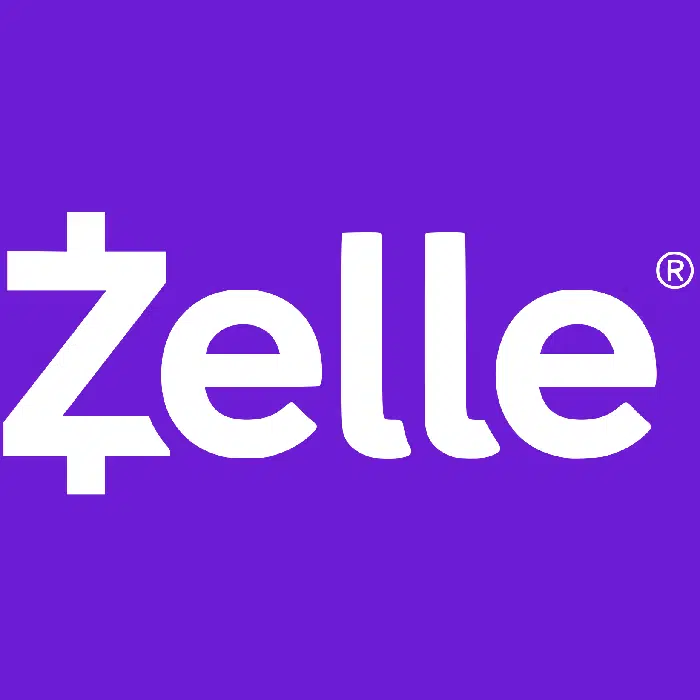Banks in Zelle, the peer-to-peer payment network operated by Early Warning Services LLC, have been issuing refunds to consumers duped by fraudsters into sending money using the network, according to a report Monday by Reuters.
The reimbursements, which the banks have reportedly been paying out since June 30, represent a major about face for Early Warning’s bank owners, which last year told lawmakers that it was unreasonable to require financial institutions in the Zelle network to refund money to consumers who authorized transfers, even if they were tricked by fraudsters via Zelle. In addition, Early Warning has maintained that fraud rates on Zelle, and at individual bank owners, are extremely low.
Less than 0.1% of Zelle transactions are fraudulent, according to Scottsdale, Ariz.-based Early Warning. While that figure is “in-line [with] and perhaps maybe even slightly better than” other forms of payment fraud—where fraud losses are incurred on 0.5% to 1.0% of transactions—Early Warning faces a significant challenge when it comes to consumer perceptions about the security of the network and protections against fraud, David Mattei, a strategic advisor in the fraud & AML practice at Datos Insights, says by email.

“Industry perceptions is where Zelle has a more significant issue,” says Mattei. “Consumers are still broadly adopting Zelle as financial institutions report growing volumes of P2P transfers over the Zelle network. The problem is more acute with the spotlight the federal government has placed on Zelle. Most of the Zelle fraud losses are related to scams, which is a growing form of fraud in the U.S. And scam fraud is hitting many payment types, not just Zelle. However, Zelle is being called out.”
Scams are generally defined as cases where users are duped by fraudsters into authorizing a transfer. A Zelle spokesperson said the network was preparing a statement regarding refunds related to fraud transactions on the network, but would not comment further. The statement was not ready by late morning. Early Warning, which launched Zelle in 2017, is owned by seven of the largest U.S. banks. More than 2,000 financial institutions participate in the network.
Reports of consumers duped into sending money to fraudsters surfaced last year, prompting Sen. Elizabeth Warren (D-Mass.) and seven other senators to demand further information from Early Warning regarding fraud and scams on Zelle.
Early Warning’s owners complied with the request to varying degrees and noted that fraud and scam claims on Zelle would total 240,000 in 2022, up from 80,000 in 2020. Warren countered that Early Warning’s owners were not being fully transparent and were holding back information.
Around the same time, a bill was drafted in the U.S. House of Representatives to amend the Electronic Funds Transfer Act to explicitly cover instances where consumers are induced to authorize transactions as the result of a scam. Passed into law in 1978, the EFTA requires banks to reimburse customers for payments made without their authorization.
Concerns about increased regulatory oversight are what likely prompted Early Warning to begin reimbursing defrauded users, says Mattei.
“Zelle has most likely adopted a limited reimbursement policy to address and hopefully avoid potential regulatory oversight. It is heart-wrenching to hear about scam victims who lose a substantial amount of their savings, which is how Zelle fraud has been portrayed by some members of government,” Mattei says.
“Financial institutions, especially large ones, continue to have a significant amount of regulatory oversight,” he adds. “And it is easy to say that [financial institutions] should reimburse all Zelle fraud. The core issue comes down to how to stop scam fraud from happening (Zelle being just one payment channel in which scam fraud occurs).”
Despite the controversy surrounding scams on Zelle, Mattei does not see the network’s business slowing down. But regulatory scrutiny could be an added problem, he says. “Zelle is more concerned about the [Consumer Financial Protection Bureau] stepping in and issuing a policy that holds FIs liable for all Zelle fraud,” Mattei says. “That can have unintended consequences such as collusion between two parties in which they claim Zelle fraud, get reimbursed by the FI, and share in the illicitly gained proceeds, also known as first-party fraud.”
“First-party fraud continues to grow in other payment channels,” Mattei adds. “Such potentially strong measures by the CFPB would significantly alter the user experience … and availability of the Zelle network.”





